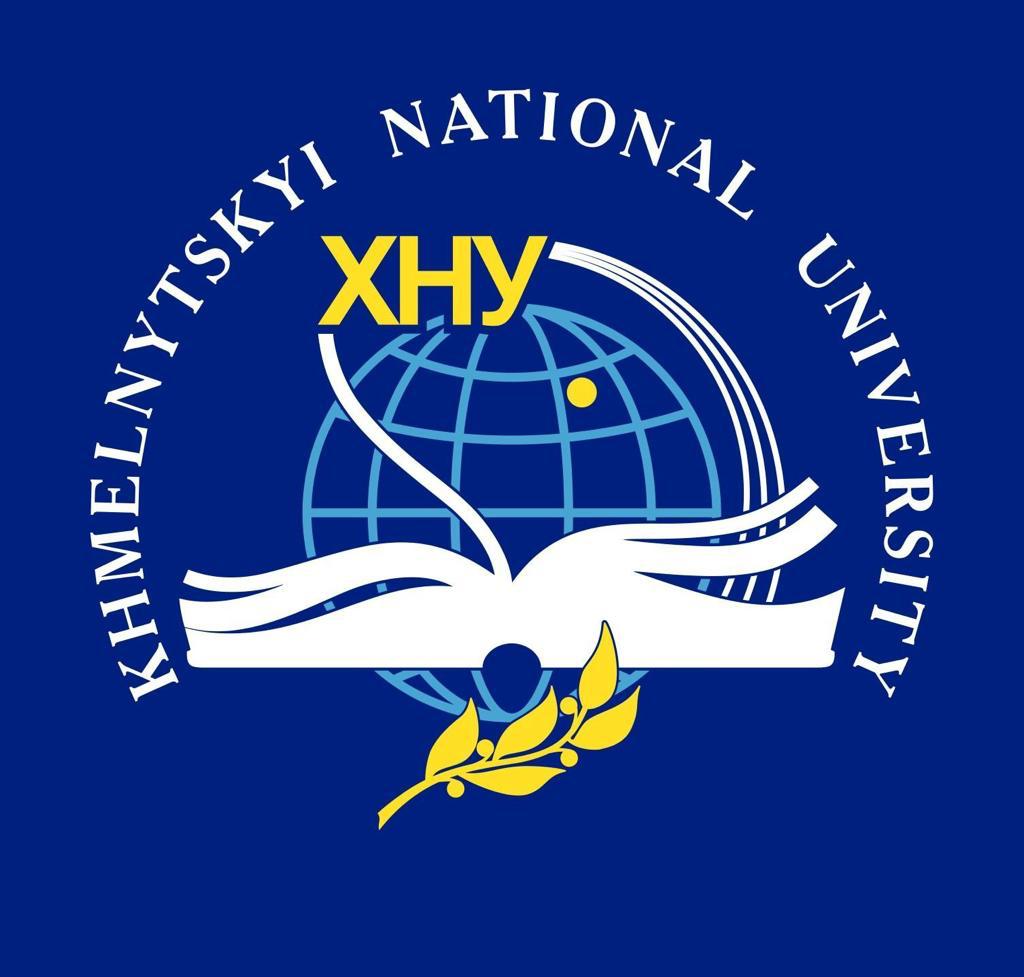DIFFERENTIAL APPROACH IN THE PROCESS OF PROFESSIONAL TRAINING OF FUTURE PHYSICAL EDUCATION TEACHERS
DOI:
https://doi.org/10.31891/pcs.2022.3-4.1Keywords:
professional training, career formation, professional development, system of training, educational process, physical education teachers, core subjectsAbstract
The stages of the future physical education teachers career formation in the Ukrainian higher education system are analyzed, the content and structure of the future physical education teachers career formation are defined and proved; the most essential directions in improving the content structure of sports and teacher education are highlighted.
Social and political processes taking place in the modern Ukrainian society show that the faster it moves through scientific and technological progress, improving the welfare of citizens, the more significant is the question of formation the spiritual, mental and physical health of the future teacher, in particular the specialist in physical education. However, in addition to acquiring profound professional knowledge, specialist in physical education should be able to demonstrate his citizenship position and defend the public interests, build and assert personal relationships, self-assert in the process of professional activity, and fully meet the level of modern requirements imposed by new social and economic conditions of modern Ukrainian society. The concept of «pedagogical conditions» is extensively used in the dissertations on the problems of future specialists’ professional training, and therefore it is considered to be appropriate to conduct a deeper methodological analysis of the phenomenon.
Analysis of psychological and pedagogical literature indicates that the formation process of any skill can be effectively realized only under certain conditions that reflect its essence and specificity. It is well known that any science as a special form of thought, awareness of a sphere of objective reality has its own peculiar categorical apparatus.
There are many scientific approaches to the interpretation of the term "condition". In philosophical dictionary, the term "condition" is considered as a factor (Lat. Factor), that is the driving force, the reason of any process.
References
Backman, E., & Larsson, H. (2014). What should a physical education teacher know? An analysis of learning outcomes for future physical education teachers in Sweden. Physical Education and Sport Pedagogy, 1- 16. doi: 10.1080/17408989.2014.946007
Benjamin Chase, Morgan Hall, Timothy A. Brusseau (2018) Impact of goal setting on physical activity in physical education. Journal of Physical Education and Sport ® (JPES), 18(2), Art 111, pp. 757 - 761, 2018 online ISSN: 2247 - 806X; p-ISSN: 2247 – 8051; ISSN - L = 2247 - 8051 © JPES DOI:10.7752/jpes.2018.02111
Curtner-Smith, M. D. (2001). The occupational socialization of a first-year physical education teacher with a Teaching Orientation. Sport, Education and Society, 6(1), 81-105.
Guerrero S. M. Teacher knowledge and a new domain of expertise: pedagogical technology knowledge //Journal of Educational Computing Research. – 2005. – Т. 33. – №. 3. – С. 249-267.
Jan-Erik Romar, Peter Åström, Magnus Ferry.Practical knowledge of preservice physical education teach-ers: Content and influence of acculturation. Journal of Physical Education and Sport ® (JPES), 18(1), Art 15, pp. 114 - 126, 2018 online ISSN: 2247 - 806X; p-ISSN: 2247 – 8051; ISSN - L = 2247 - 8051 © JPES.
Ksyonzenko М. А. (2012) Motivation to self-improvement of a teacher as a key psychological factor of his professional growth. Naukova skarbnytsya osvity Donetchyny. Donetsk. № 2. – P.90 – 93 (in Ukrainian)
Oleksandr Soltyk, Yevgen Pavlyuk, Bogdan Vynogradskyi, Oksana Pavlyuk, Tetyana Chopyk, Oleksandr Antoniuk. Improvement of professional competence of future specialists in physical education and sports during the process of vocational training. Journal of Physical Education and Sport ® (JPES), 17 Supplement issue 3, Art 148, pp. 964 - 969, 2017 online ISSN: 2247 - 806X; p-ISSN: 2247 – 8051; ISSN - L = 2247 - 8051 © JPES
Passmore J. The Perfectibility of Man / John Artur Passmore. – 3rd ed. – Indianapolis, Ind. : Liberty Fund, 2000. – 530 p.
Pavliuk O.S. Defining the actual indexes of self-improvement of the physical-training teacher in the pro-cess of the occupational activity / O.S. Pavliuk / Scientific theory journal «Uchenye zapiski universiteta imeni P.F. Lesgafta», No. 1 (107) – 2014. P. 133 – 139.
PavliukYe.O. Classification of the future coaches-instructors professional training at the higher education establishments / Ye. O. Pavliuk // Středoevropský věstník pro vědu a výzkum. – 2015. – NR 6 (19). – P. 57 – 60.
PavliukYe.O. Definingquality of the future physical education teachers professional competence in the process of training / Ye. O. Pavliuk // European Applied Sciences. – 2015. – NR 6. – P. 28 – 29.
Pavlyuk O.S. (2013) Content of professional self-improvement of a teacher of physical education. Peda-gogika ta psykhologiya. Issue 674.Chernivtsi. Chernivtsi National University Publishers. – С. 98 – 104 (in Ukraini-an)
Poom-Valickis, K., Saarits, U., Sikka, H., Talts, L., & Veisson, M. (2003).Professional education of teachers - problems and perspectives.The Estonian Case. Journal of Teacher Education and Training, 3, 15-23.
Steven C. Wright Professional socialization issues pertaining to physical education majors.Journal of Phys-ical Education and Sport ® (JPES), 16(1), Art 10, pp. 57 – 59, 2016.





